 Mainline Florida: Link to Mainline Florida.
Mainline Florida: Link to Mainline Florida.
ART:
 |
| Lakes Park - another of my oils from there |
 |
| Redo of the bridge over 10 Mile Canal behind our community. The original was way too dark. |
 |
| Small 6 x 4” oil - Garden of the Gods entrance |
Other Art:
Just some fabrics while I wait in a dress shop…
For Cathy - Matisse colors ( I might try this color scheme on a landscape)
FLORIDA:
I believe MSRP $195,000READING: Still working on WWII spy history - Silk and Cyanide; and getting into ROMANS by the Paul guy.
LISTENING:
1965 Still Apply? This was written referring to the greatest generation and our parents…I think it still applies … only toward the 20 somethings…a REALLY weird group of he/she/they/it/person/thing or whatever they call themselves. I realize most of us raised their parents so we did something wrong but…Holy Cow!!!! Think of the lyrics in reverse:
My Generation
People (Gen Z?) try to put us d-down (Talkin' 'bout my generation)
Just because we get around (Talkin' 'bout my generation)
Things they do look awful c-c-cold (Talkin' 'bout my generation)
I hope I die before I get old (Talkin' 'bout my generation)
This is my generation
This is my generation, baby
Why don't you all f-fade away (Talkin' 'bout my generation)
And don't try dig what we all s-s-say (Talkin' 'bout my generation)
I'm not trying to cause a big s-s-sensation (Talkin' 'bout my generation)
I'm just talkin' 'bout my g-g-generation (Talkin' 'bout my generation)
My generation
This is my generation, baby
Remastered Goodbye YBR discs including some covers by other artists and some live cuts (see Whoops below)
This soundtrack was actually pretty good, first time I saved a SIA song Kill and Run, and Into The Past by Nero
An Oldie but powerful by The Call LINK to the studio cut of I Still Believe (Great Design)
An analysis of the live performance. The LINK
Lastly, try listening to Dr John playing Honey Dripper Blues at its best.
HUMOR:
WHAT?
Whoops…many buildings don’t have a floor 13; however, this Elton John CD can’t get enough of the “unlucky” number:
****************
I might be a millionaire - found this 6 1/2 foot 2x4 in the garage
I FIND THIS INTERESTING:
UNCLES CAN BE A LIFE SAVER: In his famed memoir, Hillbilly Elegy, J.D. Vance begins his story with a detailed depiction of his familial relations. Raised in a single-parent home, he shares how his mother attributed her many romantic relationships to the hope of finding a “new” father for J.D. and his sister, whose own father was largely absent. Despite these failed attempts, J.D. discusses the uncles in his life who stepped into this role:
In Ohio, I had grown especially skillful at navigating various father figures… I once overheard Mamaw tell her mother that I loved the Blanton men because so many father figures had come and gone, but the Blanton men were always there…The oldest and meanest of the Blanton men was Uncle Teaberry… Uncle Pet came next… Uncle David may have been the only one of Mamaw’s brothers to care little for that honor culture… Youngest of all the Blanton boys was Uncle Gary. He was the head of the family and one of the sweetest men I knew… I was obsessed with the Blanton men. I would sit among them and beg them to tell and retell their stories. These men were the gatekeepers to the family’s oral traditions, and I was their best student.
While certainly fortunate, Vance’s experience is not unique. Although his uncles played a strong role in his life, geographical distance meant that he only saw them during summer vacation. Nonetheless, they provided him with a partial image of fatherhood, interspersed with wild adventures, a rich familial tradition to bond with, and a sense of belonging.
With the decline in familial bonds and the rise in single-parent households, a central relationship in the life of a child is simultaneously less-accessible and more-essential than ever: namely, the role of an active uncle. In 2020, the Census Bureau reported a staggering 18.3 million children (one-in-four) that live without a father in the home. While the effects of single-parenthood are well documented (here, here, here, and here), it is important to note that children who grow up without a father in the home are more likely to be in poverty, become pregnant as a teenager, drop out of high school, end up in prison, and face higher levels of academic, behavioral, and psychological difficulties. As Richard Rohr argues,
A father, and his response to his child, is the first response of an ‘outsider.’ He does not ‘have’ to love you. His love is not inherently felt or drawn upon, like a mother’s love. He must choose to love you! He decides for you, he picks you out, he notices you among the many. It redeems, it liberates, and delights, therefore, in a totally different way. That is the uniquely transformative experience of male love. It validates and affirms us deeply, precisely because it is not necessary.
Without biological fathers, children are left with an emotional, relational, developmental, and physical deficit that they are hungry to fill. Sometimes, a maternal uncle helps fill this hole, acting as a surrogate father in the life of a child.
While I was an undergraduate student, I was selected for the American Enterprise Institutes’ Initiative on Faith and Public Life Young Scholars Award. This grant provided me with the opportunity to research the perceptions of fatherhood among low-income fathers. As I interviewed a sample of 20 non-resident, never-married fathers with child support orders, one theme consistently emerged regarding the role of uncles in their own lives. The semi-structured, narrative-style interviews asked a question about men they considered good fathers while they were growing up, and a second question asked about the current social support systems that the fathers rely on when they need advice or assistance. A remarkable 80% of these fathers included an uncle in their response to one or both questions. The multifaceted role of uncles as father-figures is best summarized by the quote below from Carl, age 42:
I had the jokester uncle; I had the uncle to teach you how to fish—aka he would talk to you about how to work hard. I had four total… I went to each one for something different. That was my father-figure. Especially once I became an adolescent, I didn't have that person to talk to in the home. Instead, I could go to my uncles, but everyone doesn't have four uncles. I didn't want my kids to go through that. I want it to be the best male presence in my family that I could be because I knew what I was missing.
For Carl, his four uncles supplemented the void left by his father. While the uncle/child relationship still lacks the stability, commitment, and multiple benefits of a biological father, it provides an opportunity for multiple father-figures to bring a wide-array of skills, experiences, and relational dynamics into a child’s life. At the end of the day, however, the power of the uncle-child relationship is as simple as it is profound: they were a consistent, kinship male presence who was committed to being there for them. As William, age 37, shared:
My dad left when I was two years old, so I don’t remember anything about him. My family dynamic was my mom, aunts, and my uncles… My Uncle James was the closest; he lived across the street from me growing up. Due to proximity, he was the one we went to the most. Once I became an adolescent, the things I needed to talk to a father about, I went to him for since I didn’t have a father in the home. He gave me advice and was my father-figure growing up.
Carl and Williams’ examples reflect the experience of many children whose extended family members seek to mitigate the absence of one or both parents. Whereas it is common for a grandparent to fill this role, a surprising dearth of literature has been devoted to studying the culturally relevant role of uncles as father-figures. As Moncrieff Cochran, et al., argue in his article and subsequent book entitled Extending Families: The Social Network of Parents and their Children, when uncles invest in their nieces and nephews, the latter do better in school, have a higher sense of self-worth, and exhibit better social behavior skills. While this typically does not translate into financial benefits, studies consistently reflect higher levels of social and educational mobility given to children through their relationship with an uncle.
According to Rohr, the power of the paternal relationship is found in the non-obligatory commitment, care, and pursuit of the father to his child. Similarly, when an uncle steps into the life of a child, he may provide a surrogate sense of validation, support, and guidance. As an increasing number of children are raised in single-parent homes and live apart from extended family members, this is a poignant and timely reminder of the significance of uncles in the identity formation and development of children.
Emma Posey is a Coalitions and Personnel Manager at American Moment.
****************************
********************
***************************
 So, there is an upside…cheaper USSR goods for us to purchase - if we were to ever buy a USSR auto, stereo gear, etc.
So, there is an upside…cheaper USSR goods for us to purchase - if we were to ever buy a USSR auto, stereo gear, etc. Something to think about, how we live, etc…link to an interesting article
https://life-craft.org/a-great-reason-to-maintain-our-home-with-care/
BELOW THE FOLD: WARNING:
***************************************
******************************************
 Can you spot the most powerful man on earth? Hint: can you imagine President Trump steadying himself on the shoulder of …anybody? He is not well, folks.
Can you spot the most powerful man on earth? Hint: can you imagine President Trump steadying himself on the shoulder of …anybody? He is not well, folks. 


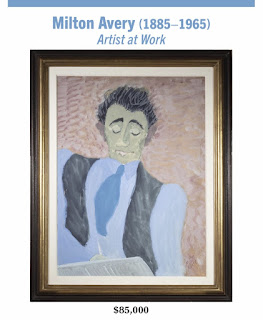




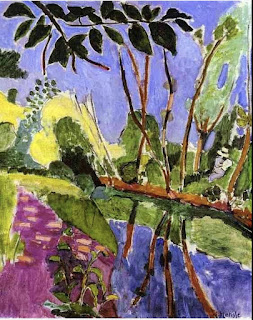






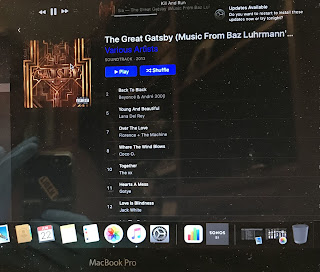








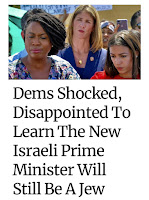











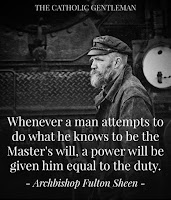












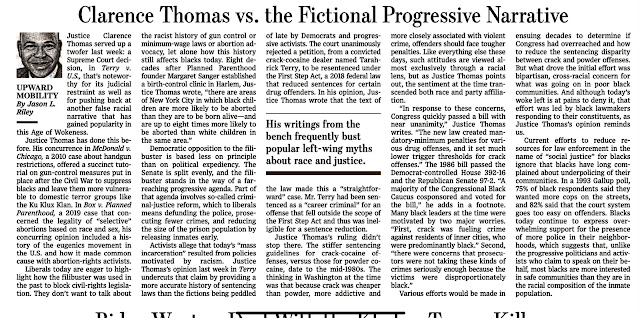



No comments:
Post a Comment